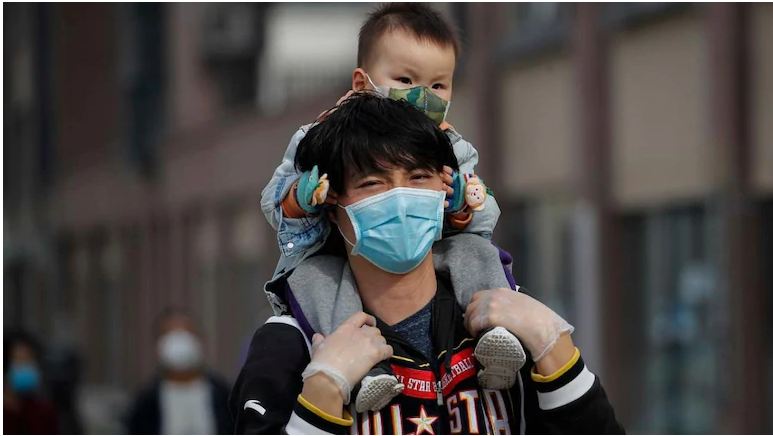By Prabhash K Dutta
Can a Covid-19 cured patient get coronavirus infection again? Well, China and Japan reported some cases. Research papers too agree that though Covid-19 builds immunity against novel coronavirus, it is no guarantee that re-infection would not happen…..
With country after country forced into lockdowns, there is an argument going around that those who have recovered from the novel coronavirus infection should be allowed to resume work. The underlying logic for such an assertion is that a person cured of Covid-19 has the immunity against the novel coronavirus or SARS-CoV-2.
Simply put, a person does not get coronavirus infection at least for few months, the arguments goes. However, there is not enough scientific data to reach such a conclusion though.
Let us look at the science. The shape and size of a pathogen determines the consistency and effectiveness of the response from the human body’s immune system. The antibodies produced by body’s immune system jams the pathogen making them ineffective. The same happens in the case of coronavirus.
As a general rule, viruses are difficult to tackle in an infectious outbreak because they keep changing their physical and genetic makeup, that is, they mutate very fast.
This makes drugs against bacteria very effective and against viruses a compromise. However, some of the viruses, like the ones causing rabies, have remained fairly stable making drugs effective against them.
If body – including cases of drug-induced immunity – produces antigens for a particular strand of virus, they don’t work against a mutant version of the same virus.
The novel coronavirus has also been found to be mutating, with varying rates. This means, even if a recovered coronavirus patient develops immunity for one variety of SARS-CoV-2, it does not protect her from a mutant version.
Also, it has been found that many viruses such as those causing dengue, common cold and small pox may easily infect a person twice over a period as short as the same infection season.
There are hundreds of coronaviruses that live in its host bats, and may pass on to humans in due course. At least seven have already made it to humans. Researchers are of the view that a vaccine or drug against one coronavirus may not necessarily work against another.
A research paper, available on the website of the US National Institute of Health, found that reinfections are common in the cases of human coronaviruses.
Another study published in the Journal of American Medical Association (JAMA) found that some of the patients who recovered from Covid-19 were found to be re-infected with novel coronavirus.
This report highlighted that the number of patients getting re-infected in China was rising in February. Similar reports of cured patients getting re-infected with the novel coronavirus came from Japan.
However, research in China on monkeys gives hope. The researchers exposed four rhesus macaques to novel coronavirus in a contained environment. They all became Covid-19 patients. A week later, one of the monkeys was killed to determine the level of infection. It had pneumonia, or moderate infection.
The remaining three monkeys were allowed to recover in the hope that they would have high levels of antibodies. In four weeks, when the three monkeys showed no viral load, they were infected with novel coronavirus again.
The bad news is they showed rise in temperature but for a brief period. This means re-infection happened. However, they showed no other symptoms.
The good news is that, no virus was found in the tissues of another monkey which was killed to determine the viral load. No further evidence of Covid-19 was found in the surviving two monkeys. And, the monkeys are the closest genetic cousins of humans signaling those once infected by novel coronavirus and cured of Covid-19 have very less chance of serious ailment from re-infection.
Currently, a person has to stay in mandatory 14-day quarantine after having recovered from Covid-19, as per the existing protocol. They are allowed to return to work, as happened in the case of the Kerala nurse, who contracted the novel coronavirus infection while attending to an elderly couple down with Covid-19.
Courtesy: www.indiatoday.in
